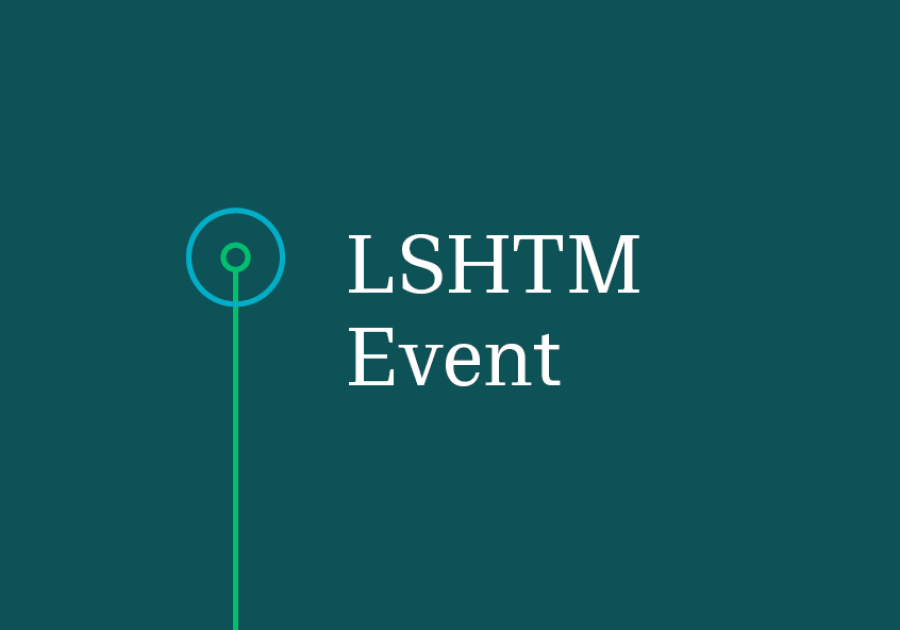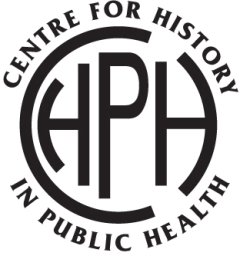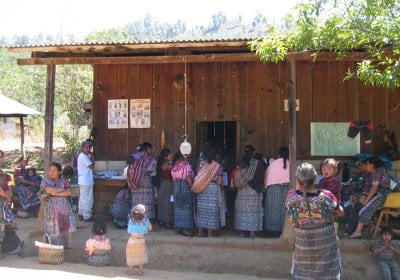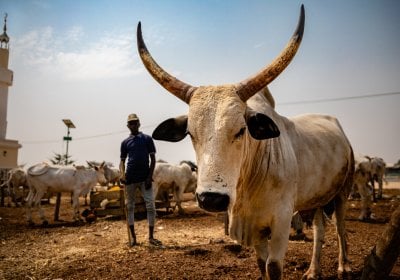Redesigning Life with Shenzhen Speed: CRISPR-Cas9 and Possible Futures of Reproductive Medicine

Shenzhen, an emergent Chinese mega-city, is defined by a pursuit of “the future” itself. Shenzhen’s reputation for speed and innovation helped prompt a $20 billion government investment in synthetic biology—a field that aims to edit the DNA of future humans. Speculation about possible futures touched the field of historical possibility in 2018 with the birth of Lulu and Nana, twin girls whose genome had been altered with CRISPR-Cas9. This talk will engage with ideas about science and social justice, in the context of the international quest to cure HIV and the values of the innovation economy that aims to “move fast and break things.”
Speakers
-
Eben Kirksey, Associate Professor of Anthropology, School of Anthropology and Museum Ethnography. Eben is a cultural anthropologist who is perhaps best known for his work in multispecies ethnography—a field that situates contemporary scholarship on animals, microbes, plants, and fungi within deeply rooted traditions of environmental anthropology, continental philosophy, and the sociology of science. Duke University Press has published his first two books—Freedom in Entangled Worlds (2012) and Emergent Ecologies (2015)—as well as two edited collections: The Multispecies Salon (2014) and The Promise of Multispecies Justice (2022). Questions related to science and social justice animate his most recent book, The Mutant Project (2020), as well as his latest work on “Viral Theory” (2022). Find Eben on twitter: @eben_kirksey
Admission
Contact





